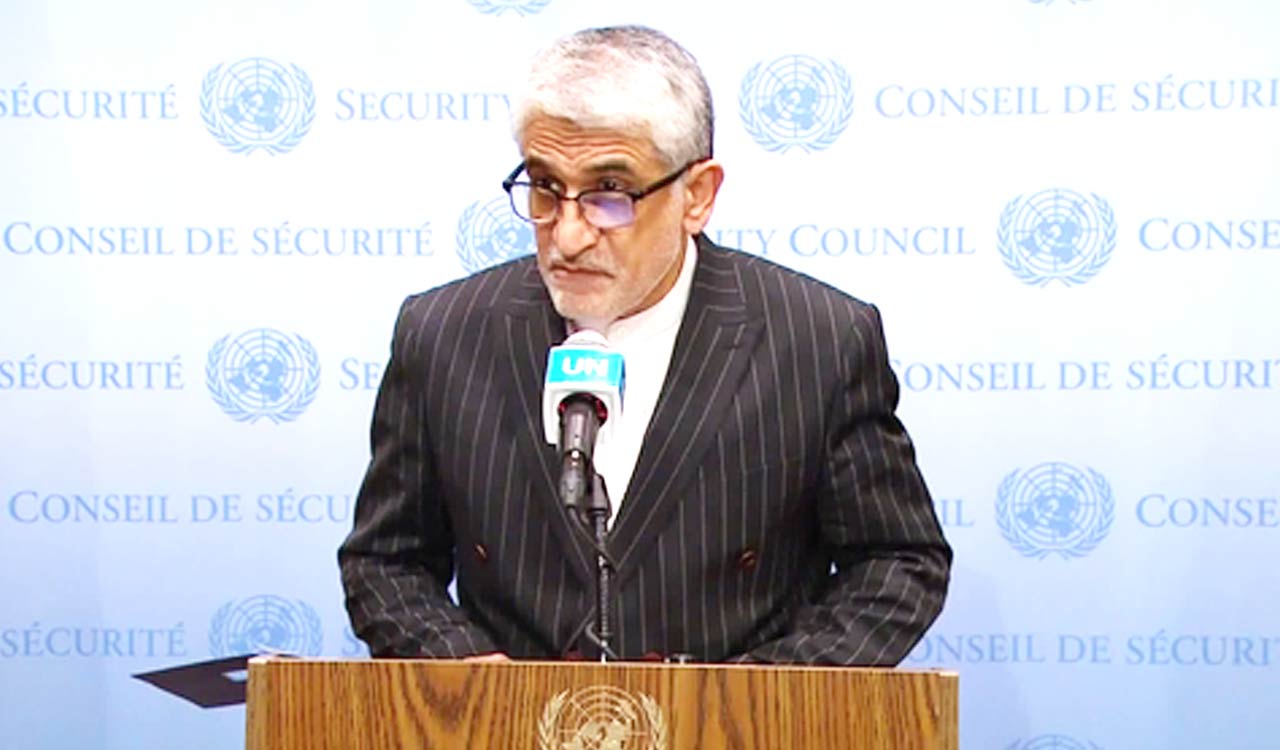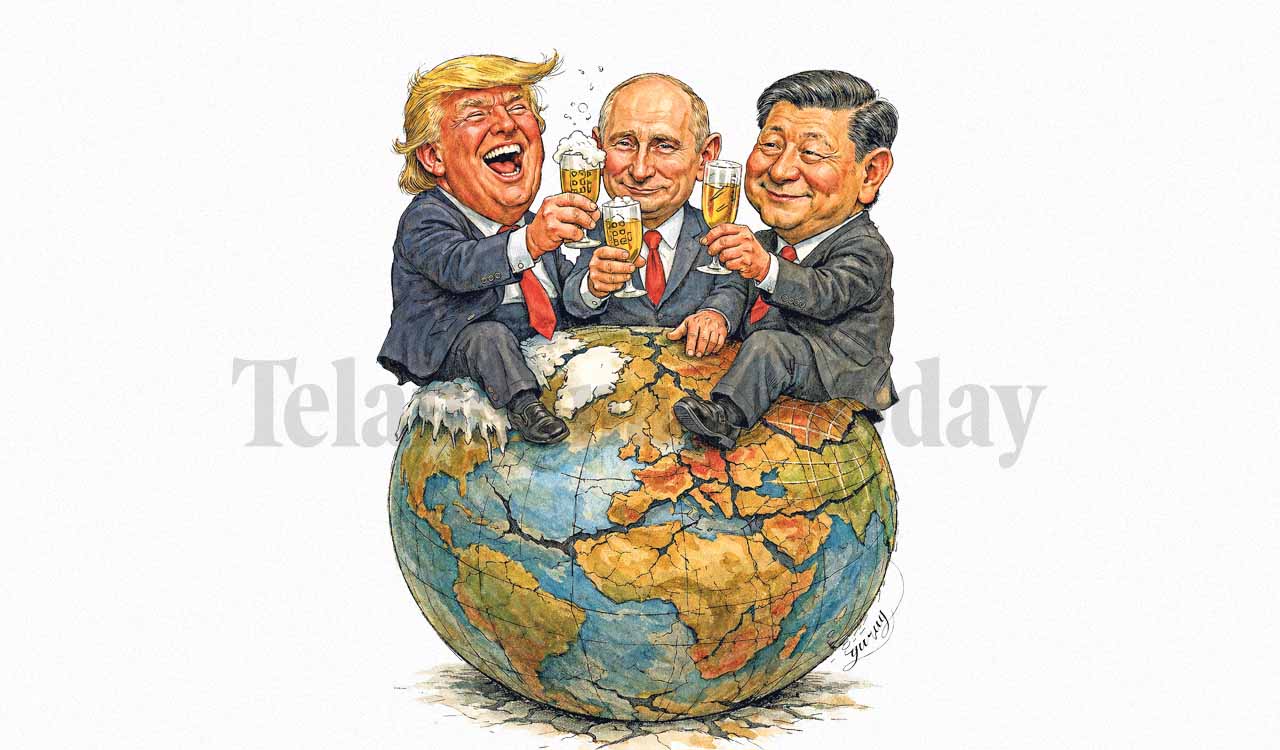Cash isn’t best to fight poverty
It can help when immediate assistance is critical but there is simply no one-size-fits-all approach to poverty alleviation

The concept is simple and seductive: Give people cash, lift them out of poverty. It’s a strategy increasingly being used in both lower and higher income countries to help poor people.
International organisations such as the World Bank, USAID and the United Nations are funding more projects that focus on giving people cash, while charities like GiveDirectly have been set up to do only that. Mexico, Brazil and Kenya are leading examples of countries that have already implemented ambitious guaranteed income programmes of their own.
The US is also experimenting more with cash payments. The $1.9 trillion relief package, for example, will give recurring payments to most families with children. Stockton, California – the first US city to give low-income people cash with no strings attached – just completed a two-year pilot programme. And a number of US mayors are attempting to do the same as the list of high-profile supporters continues to grow.
In short, there seem to be a growing consensus that cash is the best tool in the fight against poverty. But is it? While cash can be an effective tool, I don’t believe it’s always the best one.
Limitations of Cash
There is ample evidence that cash transfers have positive impacts on people living in poverty, at least on average. For example, a recent review of 165 studies found that cash assistance tends to increase spending on food and other goods, while also improving education and health outcomes. The authors further found little to no evidence of unintended consequences, such as people working less because they had higher non-labour incomes.
Similarly, a recently released study of Stockton’s basic income experiment, which gave randomly selected residents $500 a month for two years, found that the cash payments stabilised recipient incomes, helped them get more full-time jobs and reduced depression and anxiety.
But this doesn’t mean that cash is the best strategy for fighting poverty, as some people, such as New York City mayoral candidate Andrew Yang, have argued. There are, in fact, several reasons policymakers should view this evidence with caution.
For one thing, it is often difficult to identify people who are actually poor and need the money so that cash assistance can be given to the right people. A recent study examined data from nine sub-Saharan African countries to evaluate the performance of a common method anti-poverty programmes use to target poor people. It found that about half of the households selected by the method were not poor, while half of the households that were actually poor were not selected.
This targeting problem is not unique to developing countries. For example, the Stockton experiment limited eligibility to people living in neighbourhoods with a median income below the citywide median, meaning that more affluent people in these neighbourhoods were eligible. Furthermore, eligible households were notified via physical mail to register online, implying that the programme excluded the homeless and less tech-savvy people.

Poverty Defined
Another problem relates directly to the definition of poverty, which is more precisely defined as a lack of well-being instead of a lack of income. In short, giving cash does not directly improve somebody’s well-being; rather, it’s a tool that can be used to purchase things – such as food and shelter – that do directly contribute to well-being.
Even if the poor can be successfully identified, some people may not receive the typical or average benefit because of problems converting cash into improvements in their well-being.
For example, people may be experiencing mental or physical health issues, or they may be affected by the subtle ways that poverty itself compromises economic decision-making. Similarly, in some cases, cash may not do much good because some of the things that contribute to improved well-being – such as healthcare or schooling – may be inaccessible or of low quality. Put simply, cash can’t buy everything.
A final problem is that direct cash assistance does not combat the structural issues – such as discrimination, weak democratic governance and unfair international trade practices – that cause poverty in the first place. Reforms in these areas typically require collective action to create change at the national or global level.
Problematically, recent research suggests that cash programmes can actually be counterproductive because conflicts can arise over who receives assistance. This can erode social capital within communities.
The failure of cash to remedy structural issues may be one reason its long-term effects are often limited. For example, a recent study in Uganda looked at the impacts of cash transfers nine years after people were given money. While the researchers found positive effects on employment and earnings after four years, these impacts virtually disappeared after nine. Other long-term studies also have found “a fair share of results that are not statistically different from zero.”
Empowering People
Cash can certainly help some people, and this is undoubtedly an important consideration, especially in emergency situations when immediate assistance is critical – such as during a pandemic.
But there is simply no one-size-fits-all approach to poverty alleviation. Different countries, communities and individuals have unique needs and face different obstacles to escaping poverty. Sometimes that means investing in structural reforms, sometimes it means providing food aid and sometimes, yes, it means direct payments.
More generally, the idea of a cash consensus misses the point: Promoting human development means empowering people to make decisions for themselves, and this includes allowing them to choose the type of assistance that is appropriate for their situation. And when given a choice, people don’t always choose cash.
(The author is Assistant Professor of Economics, Drake University. theconversation.com)
Now you can get handpicked stories from Telangana Today on Telegram everyday. Click the link to subscribe.
Click to follow Telangana Today Facebook page and Twitter .
Related News
-
US, Israel clash with Iran in UNSC, as UN chief Guterres warns of uncontrollable ‘chain of events’
-
Iran warns of ‘decisive’ response if subjected to military aggression
-
Pakistan: Religious scholars call for resolving Balochistan’s issues through dialogue
-
Rewind: Return of the 19th-century — survival of the strongest at Davos
-
Telangana High Court hears Kaleshwaram commission pleas
59 mins ago -
Shrine relocation row: Telangana HC declines interim relief
1 hour ago -
Lionel Messi, Telasco Segovia rally Inter Miami to 4-2 victory over Orlando City
1 hour ago -
India and England set for thrilling T20 World Cup semi-final at Wankhede
1 hour ago -
India, Canada seal uranium deal; set $50 bn trade target
1 hour ago -
Afghanistan’s India tour: Test match and ODI series announced
1 hour ago -
Shanmukha wins Open Rapid chess title in Hyderabad
1 hour ago -
Khammam Archery trials shortlist 110 players for upcoming championship
2 hours ago




